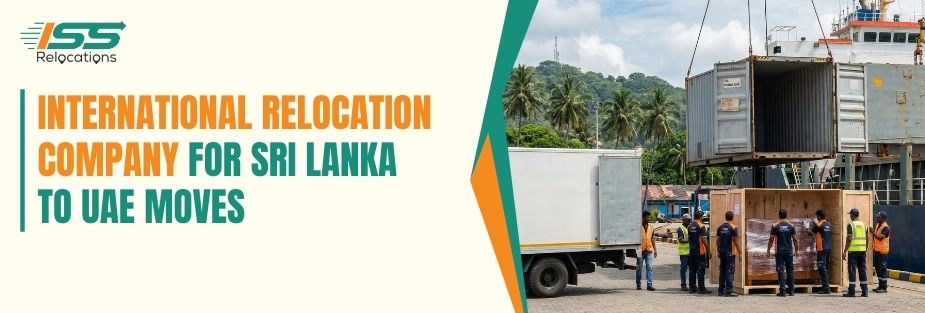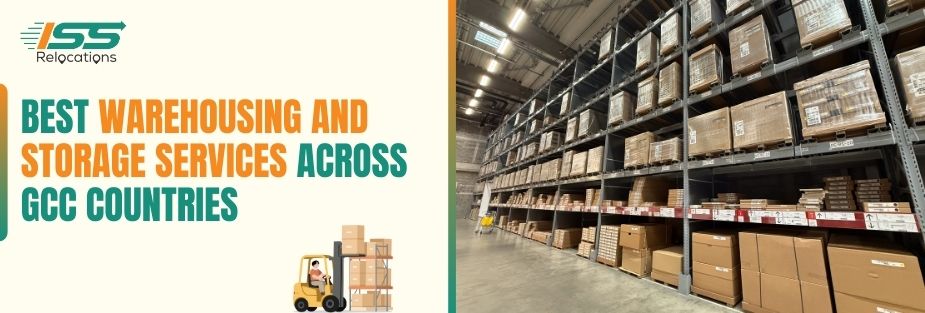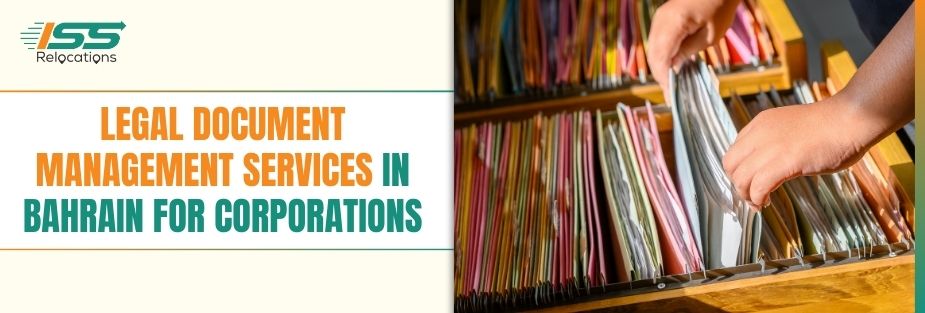
First World Sustainability Symposium Opens in Madrid
Madrid opens its doors to the First World Sustainability Symposium
Madrid, Spain – The inaugural World Sustainability Symposium (WSS) of the International Air Transport Association (IATA) opened in Madrid today with a focus on how to achieve net zero CO2 emissions by 2050.
There is a desire among all of us to be able to fly and do so in a carbon-conserving way. As an industry, sustainability is the greatest challenge, and we are not avoiding our responsibilities. We are committed to achieving net zero CO2 emissions by 2050. As long as we focus on the same mission with ambition and urgency, we will be able to build momentum to reach our goal. In order to facilitate decarbonization within the industry, we want to share learnings, stay up-to-date on progress, and adjust our work accordingly,” said Willie Walsh, Director General at IATA.
As part of the WSS, the following elements are addressed to help achieve net zero CO2 emissions by 2050:
1. Mitigation strategies for climate change
The use of sustainable aviation fuel (SAF) is expected to make the greatest contribution (62%) to net zero emissions by 2050. Supply lags behind demand for SAF. Scaling up to the necessary levels remains a significant challenge. Experts from around the world will examine the following elements of a solution:
- Policies to encourage production by the government.
- The diversification of the methods and feedstocks used to produce SAF,
- Sustainable energy frameworks ensure consistent SAF output from renewable energy sources.
- Scaling up production by attracting investment.
- Setting up a reliable SAF accounting framework, based on a books-and-claims tracking system,
- Technology for carbon capture and storage could be beneficial to SAF production.
The WSS participants will also discuss broader mitigation strategies, including hydrogen or electric powered aircraft and continuous efficiency improvements in airframes and engines. Also discussed will be the role of collaboration in value chains. There is a wide range of approaches taken by the aviation industry for mitigating environmental impacts. The following topics were discussed at WSS other than CO2:
- The assessment, monitoring, reporting, and ultimately mitigation of contrail impacts is updated,
- In the aircraft cabin, plastic should be eliminated.
2. Monitoring progress towards net zero
As part of IATA’s 2021 resolution, member airlines agreed to achieve net zero CO2 emissions by 2050. As part of its Long-Term Aspirational Goal (LTAG) for international aviation, the International Civil Aviation Organization (ICAO) set a target of achieving zero CO2 emissions by 2050. A concrete plan for how progress will be tracked and monitored at an industry level has not yet been formulated despite these commitments setting a clear target with a clear end date. To track progress towards the net zero by 2050 goal credibly and accurately, the Symposium will also examine the methodology and reporting mechanisms. The strategy will consider leverages for decarbonization, including SAF, new propulsion and infrastructure technology, as well as carbon offsetting and residual emissions removal.
3. Factors enabling success
Aviation’s transition to net-zero depends on globally aligned strategic policies that provide incentives and support. In order to achieve the decarbonization goals, collaboration between governments and industry stakeholders is essential, as it has been with many other successful energy transitions.
In order to accelerate progress toward net zero, the symposium will examine the key roles played by finance and policy. The energy transition will be enabled as well as some costs and investments will be reduced.
“It is clear that there is no time to waste accelerating aviation’s transition to net-zero CO2 emissions by 2050. We need to move forward on all fronts simultaneously since this is a tough and dynamic challenge. No single action will provide a magic solution alone. We will need to collaborate across all parts of our industry, along with regulators and the financial sector. As a result, the WSS and its future editions are of critical importance – by bringing together key decision makers involved in the net-zero transition, Marie Owens Thomsen, Senior Vice President of Sustainability and Chief Economist of IATA, said that together we will be able to make things happen.
WSS Overview
Iberia is hosting the WSS, which is attended by more than 450 professionals from the aviation, sustainability, technology, and finance industries. Additionally, policymakers and other stakeholders should be included. Organizers expect the WSS to become a regular event on the IATA Events calendar in the future.
The following will deliver the opening remarks:
- Iberia’s CEO, Fernando Candela
- The ICAO Secretary General, Juan Carlos Salazar
As a follow-up to the opening remarks, Clare Sebastian of CNN will moderate a CEO panel featuring:
- Air France CEO Anne Rigail
- International Airlines Group CEO, Luis Gallego
- Cathay Pacific Airways Limited Chair, Patrick Healy
- LATAM Airlines Group CEO Roberto Alvo
- Director General of the International Air Transport Association, Willie Walsh
Please contact the following for more information:
Communications for corporations
Contact: +41 22 770 2967 Please email corpcomms@iata.org
Plan Stress-free Move with Top Moving Company in UAE - ISS Relocations

Moving Company - Recent Blog
Stay informed and prepared for your next move with our latest blogs on moving services in the UAE. From expert packing tips to international relocation guides, ISS Relocations brings you up-to-date insights to make your moving experience smoother, safer, and stress-free.










